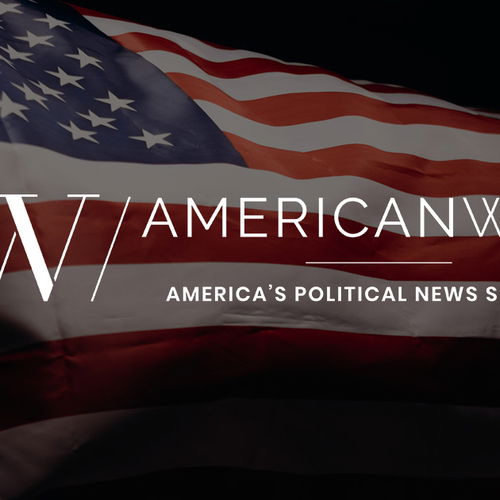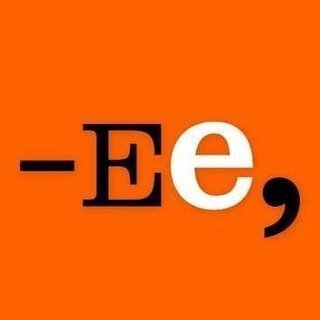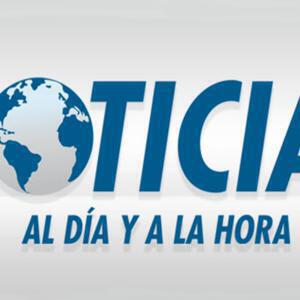A Supreme Court ruling on May 19 that backed the Trump administration’s authority to end protections for some 350,000 Venezuelans living in the U.S. is now rippling through one of the country’s largest entertainment companies, The Walt Disney Co. In an email to employees at its Florida resort, the company said that workers protected under Temporary Protected Status (TPS) will be placed on leave unless they provide updated work authorization documents.
The new policy took effect Tuesday, May 20.
Who is impacted?
Bloomberg reports that 45 TPS employees must provide documents by the deadline for 30-day unpaid leave or be fired.
In a statement, Disney said, “As we sort out the complexities of this situation, we have placed affected employees on leave with benefits to ensure they are not in violation of the law.”
Disney also said they are committed to employees navigating the new and changing immigration policies that may impact them or their families.
What is TPS?
Temporary Protected Status is a federal program that allows people from certain countries experiencing conflict or natural disasters to live and work in the U.S. legally. Typically, DHS designates TPS for countries experiencing armed conflict, environmental disasters or other extraordinary conditions.
People granted TPS cannot be removed from the U.S. and can obtain authorization to work and receive permission to travel.
Supreme Court’s decision
On May 19, 2025, the Supreme Court voted 8-1 to grant the federal government’s emergency request which blocks a lower court ruling that had temporarily kept protections in place for Venezuelans living in the U.S. The decision halts a March 31 order from a federal judge in California while the 9th Circuit Court of Appeals reviews the case.
The legal fight centers on a move by Homeland Security Secretary Kristi Noem, who rolled back a January notice that extended TPS for Venezuelans.
Before leaving office, former President Joe Biden extended TPS protections for Venezuelans by another 18 months, citing ongoing instability and humanitarian concerns in the country. He said the crisis in Venezuela meant thousands of people still needed protection in the U.S.
The decision gives immigration officials the opportunity to expedite migrants formerly protected by TPS. The National TPS Alliance brought the lawsuit against Noem along with plaintiffs who shared their fears of going back to Venezuela.
“My daughter and I cannot safely return to Venezuela, which is in crisis,” one plaintiff said in a statement. “The immediate loss of our TPS causes extraordinary harm. We now fear deportation and will struggle to be able to support ourselves.”
A separate TPS designation from 2021 remains in effect until Sept. 10, 2025. DHS has not given an update on the official termination date for those under the 2023 TPS designation.



















